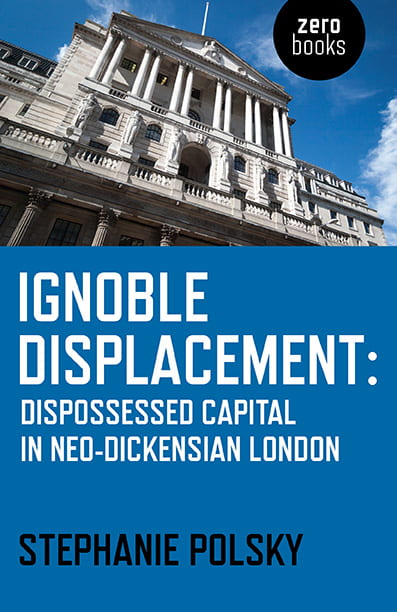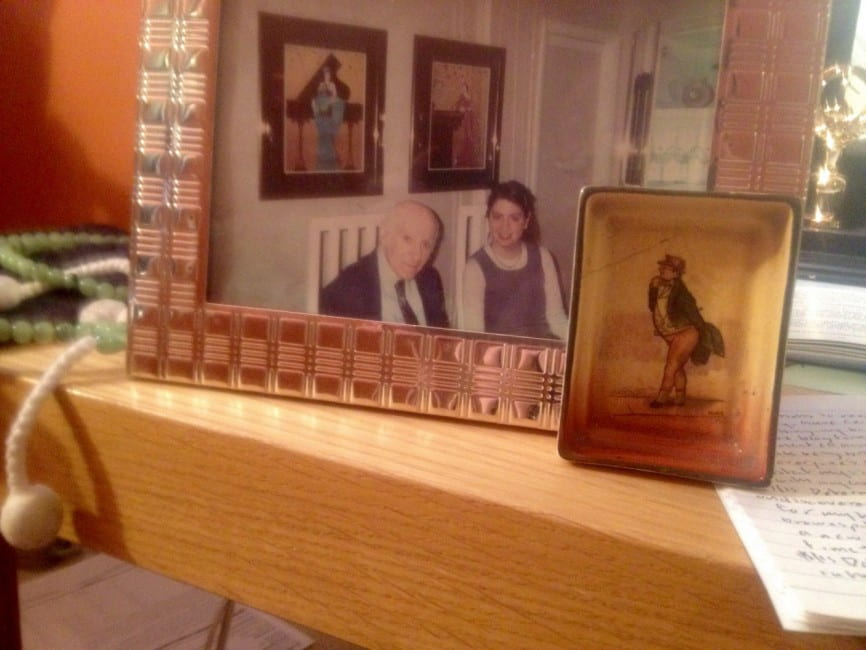Conducting Unfinished Business
I went to Goldsmiths to study for my PhD in Historical and Cultural Studies between 1998 and 2004. It was through working on my PhD with Professor Howard Caygill that I truly learnt to write and for that, I owe him a great debt of gratitude. I credit Dr Simon O’Sullivan, who sat on my viva committee, in inspiring me to transform my PhD thesis into my first book, Walter Benjamin’s Transit: A Destructive Tour of Modernity. Simon helped me mould my first ever book proposal and later generously provided a foreword to my book. It was not an overnight success and it took me the better part of five years to secure a publisher and to take the necessary steps to make it read convincingly as an academic book, rather than a scholarly thesis.
For about a year or so afterward I was content to rest on my laurels so to speak. After that, you could say I had writer’s block. Part of this had to do with the sudden death of my grandfather in January of 2006. It was his dream to see my book get published, but sadly he did not live long enough to do so. This had a profound effect on me, as his support had been integral to my success. At 93, he was calling me every week to go over the progress of my writing, to make suggestions, and to test my arguments. I felt I had lost my support and inspiration in the loss of my unofficial writing partner.
In January of 2012, I reconnected with a friend whom I had not seen for ten years on Facebook. She said that she had seen my book on Amazon and wondered if I was writing a second book. I confessed that I hadn’t really been inspired by any subject enough to write a book-length tract since my work on Benjamin. She mentioned the dedication page of that book, which spoke of my grandfather and our shared intellectual mission to promote radical politics. She asked was there any outstanding project that my grandfather and I had worked on together that had not been completed. As I was chanting to reveal that answer, I realised that it was right there on my Buddhist altar. My grandfather had a Royal Doulton bridge set that he used to show my sister and me, as he recounted Dickens’s famous tales. The set was divided between us on the day of his funeral. I was looking right at The Pickwick Papers and the answer struck me in the form of Mr Micawber’s famous, and oft-quoted, a recipe for happiness:
“Annual income twenty pounds, annual expenditure nineteen [pounds] nineteen [shillings] and six [pence], result happiness. Annual income twenty pounds, annual expenditure twenty pounds ought and six, result misery.”
Was this not the ideological recipe for austerity that was presently haunting Britain? As someone trained from infancy by my grandfather to worship Marx’s Kapital the answer could not have been more apparent of what work was left to do.
 Guest post by Stephanie Polsky (PhD Historical and Cultural Studies, 2004) whose forthcoming book Ignoble Displacement: Dispossessed Capital in Neo-Dickensian London brings the ideological discourses present in Dickens’s writing to bear on contemporary reimaginings of the nineteenth century and their sustained impact in shaping social, political and economic policies in twenty-first century Britain.
Guest post by Stephanie Polsky (PhD Historical and Cultural Studies, 2004) whose forthcoming book Ignoble Displacement: Dispossessed Capital in Neo-Dickensian London brings the ideological discourses present in Dickens’s writing to bear on contemporary reimaginings of the nineteenth century and their sustained impact in shaping social, political and economic policies in twenty-first century Britain.
